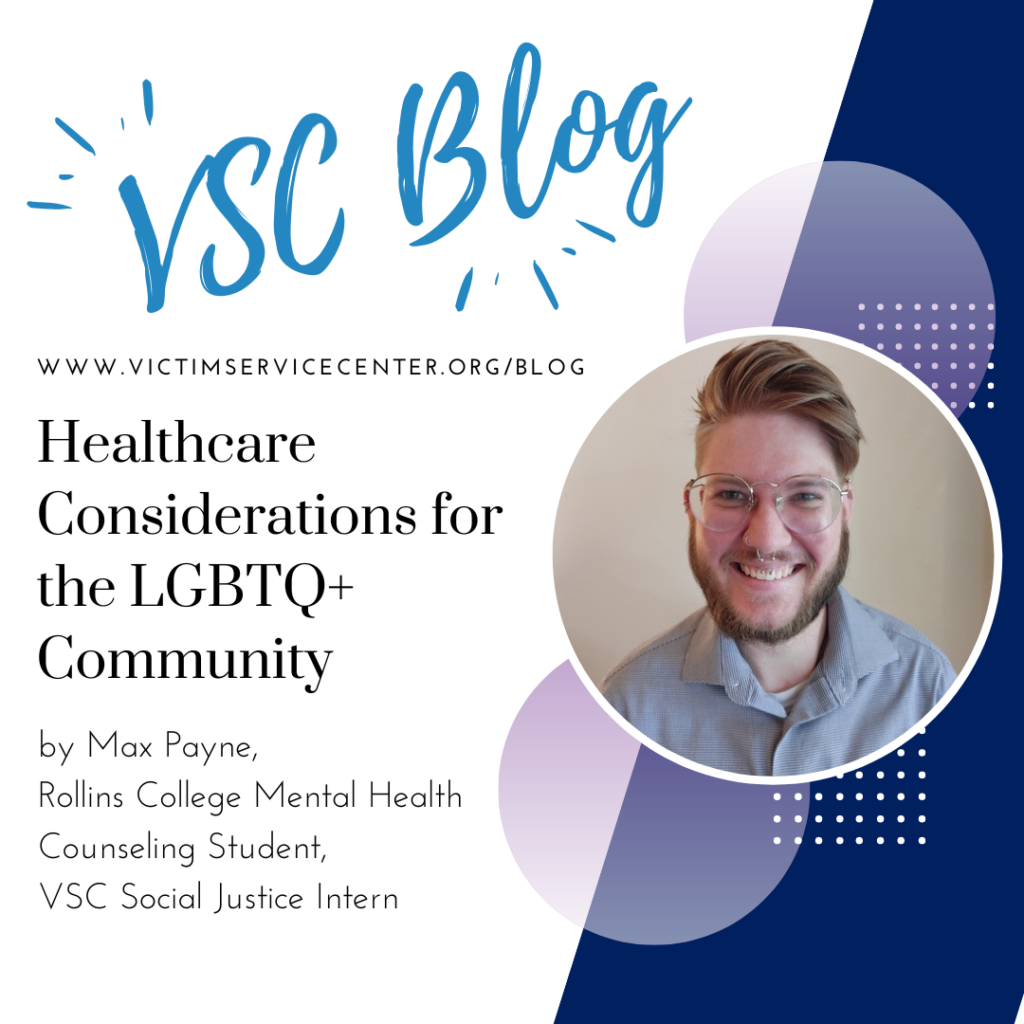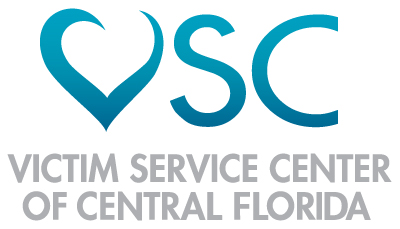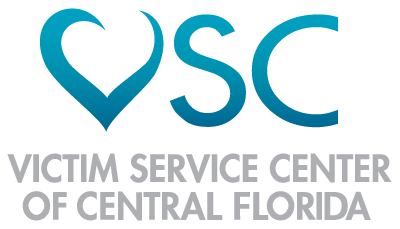by Max Payne, Rollins College Mental Health Counseling Graduate Student and VSC Social Justice Intern

Whether you consider yourself LGBTQ+ or not, we’ve all been to the doctor. We’ve all been sick at some point or another, made a doctor’s appointment, and sat in the waiting room wondering about what happens next. What if you just changed doctors and this is your first appointment with them? Are you comfortable sharing your personal and medical background with them? Is there anything that you think would cause the doctor to turn you away without a referral to someone who can? What if they ask you an intimate question that they don’t really need to know about you but ask out of “curiosity”? For many LGBTQ+ individuals, these are very real fears.
Imagine for a moment that a person, Alex, gets sick and has to go to the doctor. Imagine that they make the appointment and are sitting in the waiting room. Out comes a nurse assistant and they call for “Jordan”. It’s not the person’s name but they’re the only one sitting in the waiting room so they stand up and walk to the nurse assistant. They tell the nurse assistant that their name is Alex, not Jordan. The nurse assistant says okay and continues through the routine weight and blood pressure tests. The nurse assistant takes Alex to a room where they tell them to wait for the doctor who will be in shortly. Imagine the doctor comes into the room and calls the patient Jordan. Alex corrects the doctor, just as they had the nurse assistant. The doctor then asks about medications, past surgeries, and any “current boyfriends”. Alex explains that they have a long-time partner and there’s an awkward silence after which point the doctor makes a joke about how they “must love not having to worry about getting pregnant”. Alex is a nonbinary trans person who was assigned female at birth and hasn’t legally changed their name. When Alex said they had a partner the doctor automatically assumed the gender of their partner to be female, and out of fear Alex didn’t correct the doctor, leading Alex to not disclose important information about their sexual history and concerns they had about HIV and STDs. Alex left the appointment feeling invalidated, scared, and unsure of where to turn.
In this example, Alex is deadnamed by the nurse assistant as well as the doctor. Alex is assumed to be heterosexual, and their sex assigned at birth is also assumed. This is problematic because it puts Alex in the position of having to correct the doctor’s assumptions in order to get the care that they need. Alex may feel unsafe to disclose their identity to the doctor for a number of reasons that could be personal to their life experiences. Many LGBTQ+ patients fear their medical interactions because of microaggressions, heteronormative assumptions, prejudice, lack of acceptance, and need for self-advocacy/provider education. LGBTQ+ patients also fear the possibility of a healthcare provider displaying blatant discrimination against them.
This is just one example of the ways in which LGBTQ+ individuals have been treated by medical professionals. Work still needs to be done in order to ensure the safety and acceptance of LGBTQ+ individuals within healthcare systems.
In this article, we will discuss how healthcare professionals can provide affirming care for their LGBTQ+ patients and why it’s important to do so.
Why do LGBTQ+ Individuals Need Specific Healthcare?
Medical professionals are looked to for guidance in scary and unpredictable times in a patient’s life. For someone who is LGBTQ+, this can also provide added stress out of fear of rejection, humiliation, and frustration by their medical professionals. This is evident in the fact that more than 1 in 6 LGBTQ+ adults reported avoiding health care due to anticipated discrimination while another 1 in 6 LGBTQ+ adults reported experiencing discrimination in health care encounters.[1] This shows that just simply the fear of discrimination is a deterrent from receiving healthcare. Whether they are othered by their sexuality or gender identity (or both), microaggressions and discrimination lead patients to feel unsafe in an environment that is supposed to help and provide answers for their discomfort — not add to it.
Providing specific healthcare services for LGBTQ+ individuals can also help to make the experience of going to the doctor feel more comfortable and safe. These services include but are not limited to: gender affirming hormone therapy (GAHT), LGBTQ+ support groups and mental health counseling, as well as HIV and STI testing. While cisgender and/or heterosexual individuals can also be affected by HIV and STIs, gay and bisexual men made up an estimated 2% of the U.S. population in 2013 but 55% of all people living with HIV in the United States.[2] This demonstrates the disproportionate affect that HIV has on the LGBTQ+ community and should be considered when implementing services for them.
Being an LGBTQ+ friendly healthcare provider can look and sound a number of different ways but ultimately it comes down to knowing that that medical professional does not see the LGBTQ+ patient as different or less worthy of respect, empathy, and kindness than their heterosexual, cisgender counterparts.
Steps for Healthcare Providers to Be More LGBTQ+ Friendly:
- Ask for and continuously use a patient’s pronouns
- Do not assume cisgender or heterosexual identity
- Research and learn about LGBTQ+ terminology and gender affirming surgeries
- Do not ask intimate personal or medical questions without justifiable reason
- Change terminology on patient forms to be more inclusive
- Include pamphlets and posters that show LGBTQ+ representation and acceptance
Assuming a person is cisgender or heterosexual can cause a patient to feel pressured to “out” themselves and can cause unnecessary stress and anxiety for the individual. Asking a patient’s pronouns when you first meet them (and providing your own) can be an easy way to make a patient feel seen and validated from the very beginning of the interaction and, through continued use of their correct pronouns, throughout the appointment. Using more gender-neutral terms like “partner” or “significant other” in reference to patient relationships is a simple and effective way to not assume a patient’s sexual orientation and allows them to disclose their identity if they choose.
LGBTQ+ individuals need their healthcare providers to be knowledgeable about and be open to learning terminology or about the process of a surgery a patient may have undergone to align with their gender. It is also necessary to keep in mind that it should not be the patient’s job to educate the professional and curiosity should never be the justification for invasive questions about intimate details of a person’s medical or personal history.
Keeping all this in mind, it is imperative for healthcare providers to be more LGBTQ+ friendly. It will help their patients to feel more affirmed in their identities and receive that same expected level of care as their heterosexual and/or cisgender counterparts. A study the Trevor Project conducted in 2021 regarding the acceptance of transgender and nonbinary youth and their suicide rates found that trans and nonbinary youth who reported high gender identity acceptance from healthcare professionals had 32% lower odds of attempting suicide in the past year.[3] Affirming a person’s identity is suicide prevention.
If you are a healthcare professional, please consider the steps to become more LGBTQ+ friendly and work towards improving the care that individuals get from your workplace. There is always work to be done to strive for equality but with the help of allies, it becomes a little easier.
If you are a LGBTQ+ individual, please know that steps are being taken to make healthcare providers more affirming. You are not alone, and you deserve to feel validated and respected.
Resources for Healthcare Providers
Guidelines for the Primary and Gender-Affirming Care of Transgender and Gender Nonbinary People
Providing Inclusive Services and Care for LGBTQ+ People: A Guide for Health Care Staff





